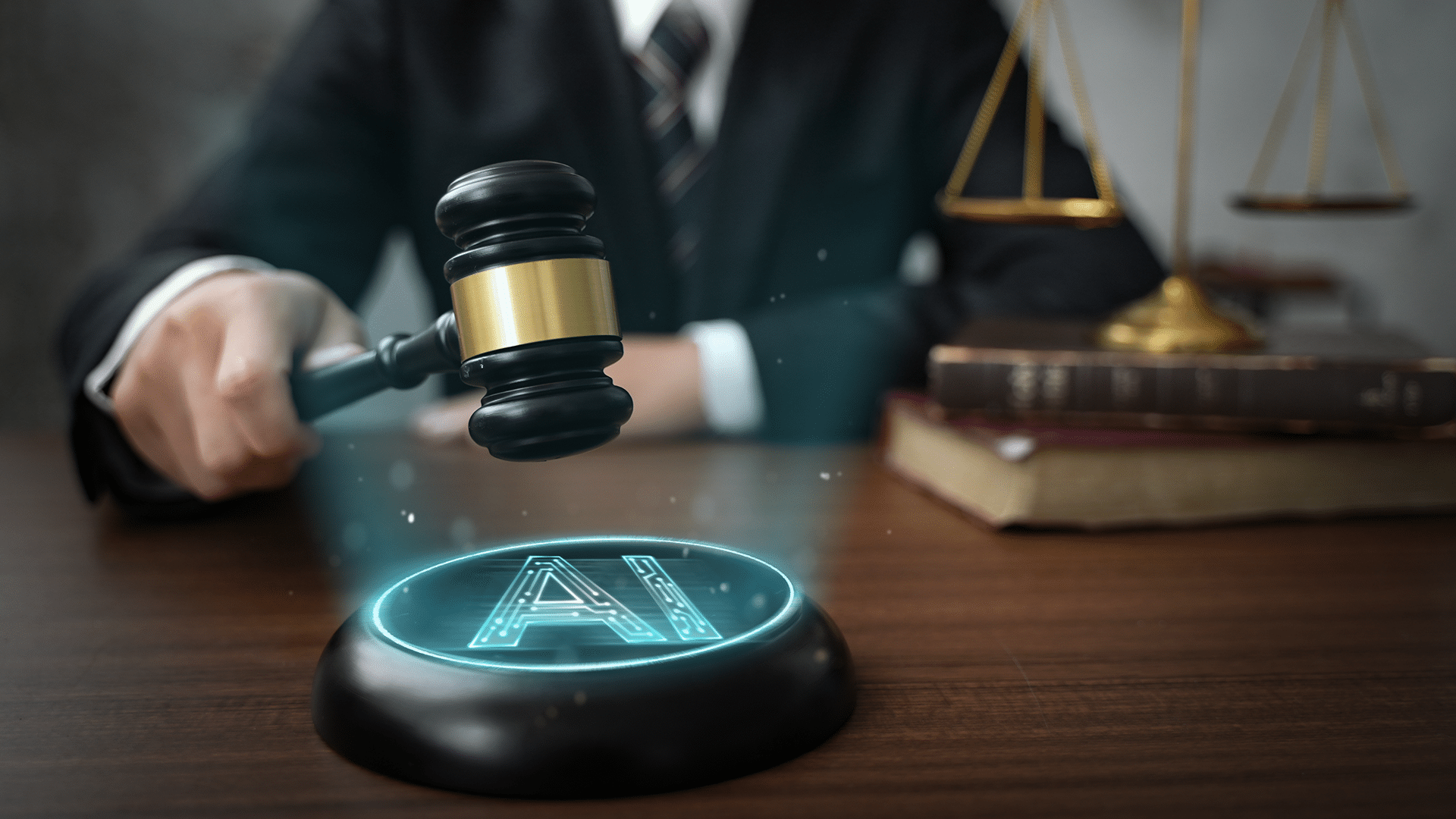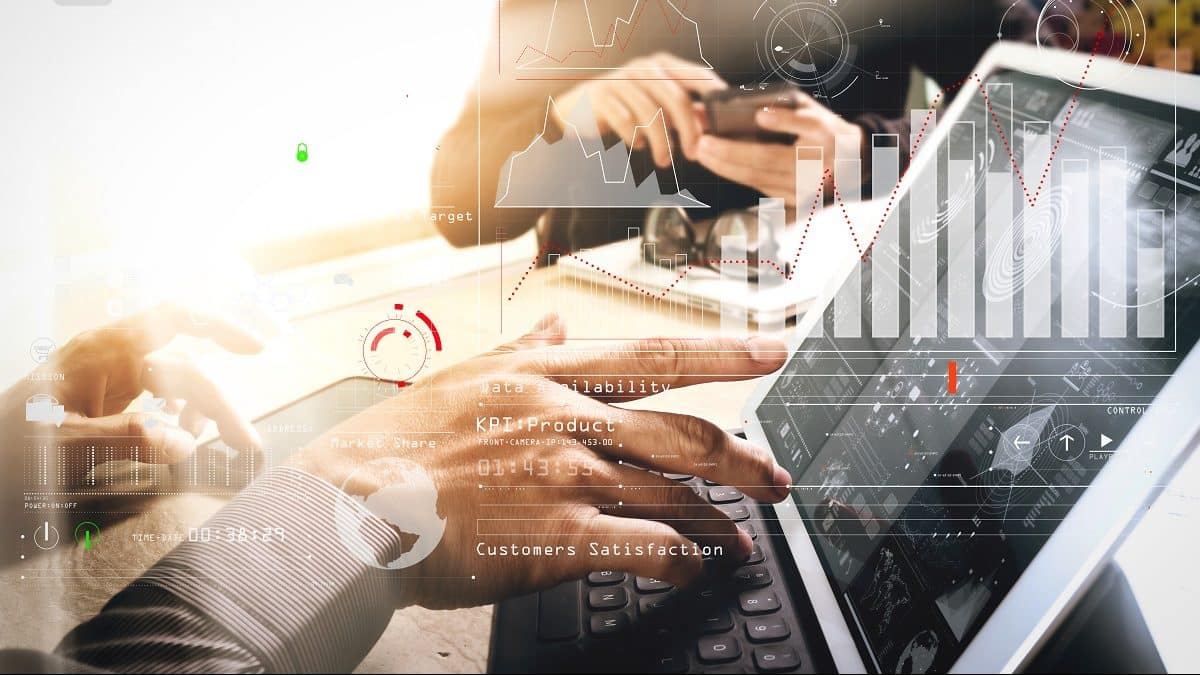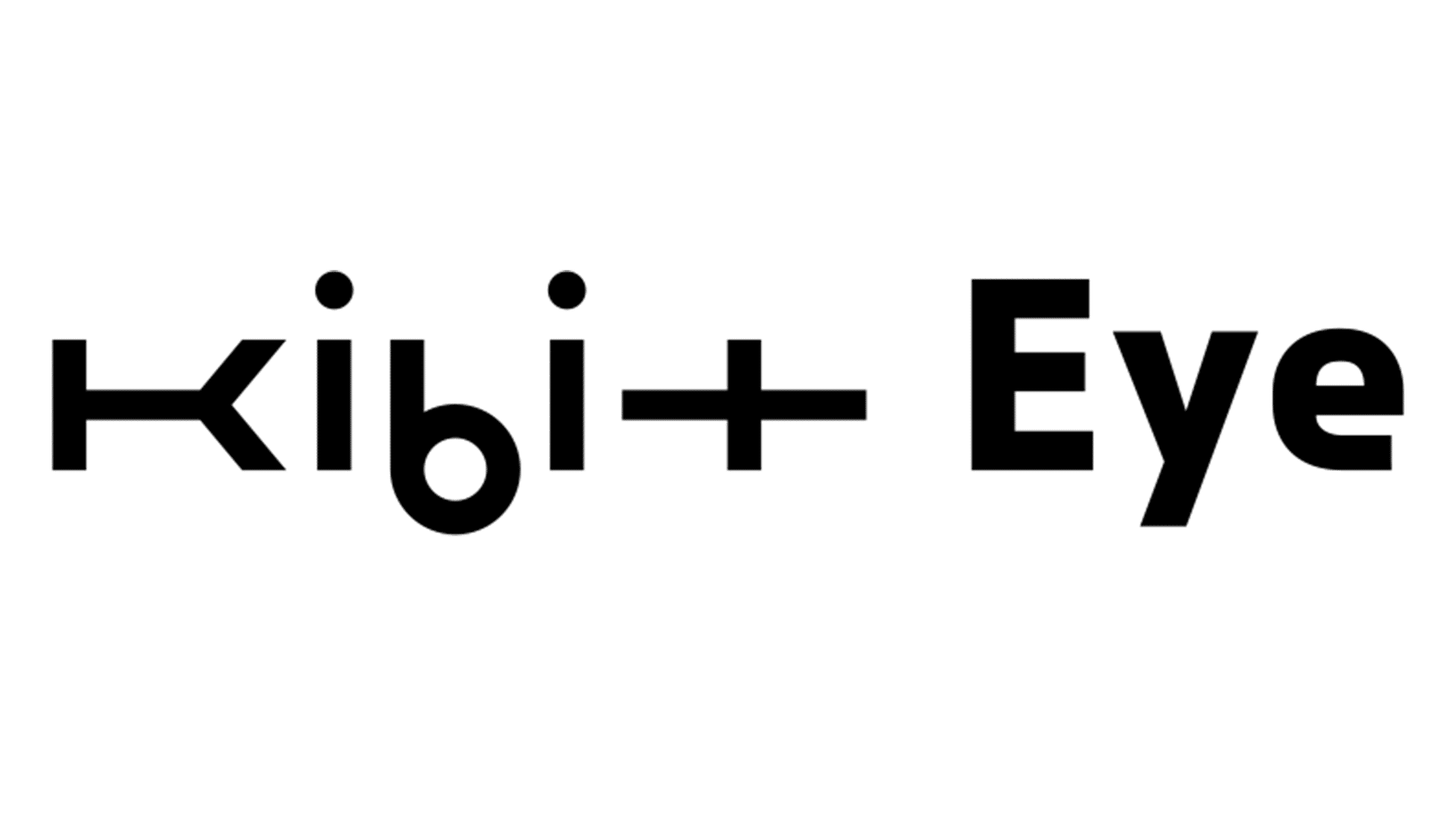AI (Artificial Intelligence) has made remarkable progress in recent years, with a variety of services and products appearing one after another in recent years, and its influence has reached the legal industry. Many so-called "legal tech" services are now available that utilize AI, and in recent years, the use of AI in contract drafting and checking has been attracting attention. So what specific legal tasks does AI fit well with? We will explain how AI can be used in legal affairs and what the future holds.

What is the use of AI (Artificial Intelligence) in legal affairs?
AI is being actively introduced in various industries, and the legal industry is no exception. Already around 2012, AI began to be used to find evidence for lawsuits, internal fraud, and other cases. In addition, as the Japanese government moved to interpret the laws and regulations governing e-signatures and issue guidelines in response to the Corona disaster and other factors, more companies began digitizing their contracts around 2020, along with the widespread use of e-signatures, and services using AI for contract creation and review have rapidly become popular.
 /fllp/legaltech-about
/fllp/legaltech-about Learn more about the background behind the growing demand for legal tech and the usage scenarios.
Will AI Take Over Legal Work?
The crisis that AI will take away human jobs is being discussed in all industries. is a crisis that is being discussed in all industries. There are various types of legal work, but for example, contract drafting, checking, and reviewing are areas in which AI excels. Many AI services have already been released and many companies are using them.
At one time, AI lawyers also became a hot topic, but at present, no AI lawyers have appeared. One reason is thought to be the complexity of the job of a lawyer. It is difficult to automate such tasks as listening intimately to a client's advice, understanding the client's problems and concerns, and proposing appropriate solutions. AI is still inadequate as a substitute for humans in terms of its ability to respond flexibly and communicate smoothly according to the other party and the situation.
However, AI is effective as a tool to support lawyers. AI is good at tasks such as researching past precedents and reviewing documentary evidence in litigation. By shifting tasks that used to take lawyers a long time to perform to AI, lawyers can devote their time to more specialized work.
AI can not replace the brain and communication skills of a human being with expertise, and the involvement of lawyers and other experts is still necessary for professional judgment and ethical aspects of a case. The effective use of AI as a tool to support experts is expected to contribute to further corporate growth.
Key Advantages of Using AI in Legal Work
With the recent calls for stronger compliance and governance, the workload of corporate legal staff is increasing, and AI is attracting attention for improving the efficiency of legal work.
Improved efficiency of legal work
One of the major benefits of utilizing AI is a significant increase in work efficiency. Legal work requires a great deal of time in both emergency situations, such as responding to lawsuits and investigations of internal fraud, and in normal times, such research work as drafting contracts and conducting legal checks. The larger the scale of the case, the greater the volume of information handled. With digital data becoming the main source of data these days, and the volume of reference data also on the rise, the benefits of utilizing AI for this type of work can be significant.
Elimination of impersonal legal work
Most legal work is characterized by a strong element of personal knowledge and experience. By utilizing AI, it will be possible to reduce the variation in quality and ensure uniformity. The occurrence of mistakes, which is inevitable in human work, can be reduced to as close to zero as possible through the use of AI.
Examples of specific legal work that can be automated and streamlined through the use of AI
The following is an explanation of the specific tasks that can be automated or streamlined through the use of AI in corporate legal affairs.
Streamlining litigation work
AI can be used to detect the consequences and risks of specific legal events and analyze past litigation data based on past precedents and legal data.
In particular, it can streamline operations when involved in litigation. For example, AI support is essential when international litigation arises. In U.S. litigation, discovery, which involves collecting, processing, analyzing, and submitting large amounts of digital data, is an essential part of litigation. AI that can work quickly and reliably is needed to speed up the litigation process.
 /fllp/ediscovery-basic
/fllp/ediscovery-basic This article introduces "e-discovery," a procedure unique to U.S. litigation, and the AI that can handle it.
Streamlining Internal Fraud Investigations
AI is also expected to play an active role in internal fraud investigations, where evidence of fraudulent or suspicious activities that occur within an organization is collected, and problems are resolved or handled.
The mission of operations in fraud investigations, such as leakage of confidential information and data, and unauthorized transactions, is to speedily and accurately lead to problem resolution while thoroughly protecting informants. Forensic investigations are conducted in such cases. Data from internal e-mails and PCs is preserved and analyzed to trace fraud before the data is tampered with or destroyed. Recently, efficient forensic investigations utilizing AI have been attracting attention.
 /fllp/forensic-investigation
/fllp/forensic-investigation This article introduces "forensic investigation," the investigation of fraud, and the best AI for handling it.
Automating Compliance Checks
As awareness of compliance increases these days, it is very beneficial to automate compliance checks and reduce corporate risks through the use of AI. For example, by having AI learn from teacher data of past compliance violation cases and analyze communication data such as emails and daily reports to be checked, it is possible to score them in order of relevance and efficiently check those with high risk. The AI-based analysis also makes it possible to maintain a certain level of checking standards. The system can detect the risk of noncompliance as soon as possible, enabling speedy response.
 https://kibit.fronteo.com/products/kibit-eye/
https://kibit.fronteo.com/products/kibit-eye/Related Article] AI Engine "KIBIT" Reproduces Tacit Knowledge of Professionals
Click here to see "KIBIT Eye," an AI tool for all types of peacetime audits.
Automation of contract drafting and legal checks
Creating and managing contracts is one of the most important tasks in legal work. Using an AI service that can automatically generate documents based on a specific format can shorten the process of drafting contracts and preparing legal notices. In addition, AI can automatically review and legally check contracts, significantly reducing the labor of legal staff. It can also help when updating the contract, even after it has been signed, although the content will still need to be reviewed, confirmed, and revised.
FRONTEO, a leading company in the use of AI in legal affairs, supports corporate legal affairs
FRONTEO has been a pioneer in the field of international litigation and fraud investigation in Japan since its establishment in 2003, and has helped numerous companies solve problems in the legal tech field, such as e-discovery and forensic investigation. KIBIT, an AI developed in-house by FRONTEO, was released in 2012 as a pioneer in the field of legal tech, which has become increasingly popular in recent years for checking contracts, etc. It reproduces the judgment of lawyers and other experts using a small amount of teacher data, thereby improving the efficiency of work hours spent on mass reviews by the human eye and finding important documents that cannot be found by keyword searches alone. It is effective in finding important documents that cannot be found by keyword searches alone. This AI is expected to play an active role in legal work, which requires handling a vast amount of highly specialized and difficult data.
If a dispute or problem arises, the damage to the company will be large and it will take a long time to resolve it. Consulting with experienced professionals in advance will help minimize damage.
FRONTEO's eDiscovery, with its expertise in over 8,500 cases of international litigation and reputation for AI technology
An unavoidable part of U.S. litigation is the discovery process, which involves the submission of evidence. Litigation in the U.S. tends to be complex and protracted, and the amount of damages is often enormous. In recent years, as more documents are created and stored electronically, the importance of e-discovery, which treats electronic data as evidence in litigation, has increased. The target data is also enormous, including e-mails, text files, various internal documents, message chats, image data, and website content. The process of searching, filtering, and collecting from the large amount of data, converting it to a format suitable for disclosure, and reviewing and analyzing it to find evidence relevant to the issues in litigation is a concern that requires a lot of effort and cost.
FRONTEO is a pioneer in Asia as a comprehensive e-discovery support company. FRONTEO is a pioneer in Asia as a comprehensive e-discovery support company, and its self-developed software has made it possible to reduce the cost and time required for e-discovery. FRONTEO has extensive experience in providing accurate e-discovery services in accordance with the EDRM, a global standard work indicator, and is fully prepared to support Japanese companies by addressing their concerns and risks. If we can lead the other party with an understanding of the importance of e-discovery, which is a key element of U.S. litigation, we can smoothly negotiate a favorable settlement and minimize damage to the company.
 /ediscovery/
/ediscovery/ Related Article] e-Discovery Support|Reduce e-Discovery Costs and Time
Please click here for FRONTEO's e-discovery services.
More than 2,000 cases; FRONTEO's forensic investigation using AI
Forensic investigations, known as forensic investigations, are necessary when some kind of fraud or problem is suspected within a company, such as the leakage of confidential or personal information, embezzlement, or falsification of documents. FRONTEO boasts a wealth of experience in forensic investigations, which require specialized knowledge, and our strength lies in our ability to propose and investigate solutions that can speedily respond to incidents and lead to solutions.
In today's forensic investigations, the use of AI is indispensable because of the vast amount of digital data being handled. FRONTEO has also introduced in-house developed software to handle a variety of cases, and has handled more than 2,000 cases of digital forensics to date. We can conduct forensic investigations quickly and cost-effectively.
For important and complex incidents, in-house investigation alone is often insufficient and has its limitations. By anticipating possible risks and consulting with trusted experts and vendors during normal times, you can rest assured that you can entrust your work to them in the event of a contingency.
 /forensics/
/forensics/ Forensic Investigation|An investigation proposal tailored to your needs and actionable
Click here to see FRONTEO's forensic investigation services.
For inquiries about FRONTEO's AI-based legal services, click here /contact/.
